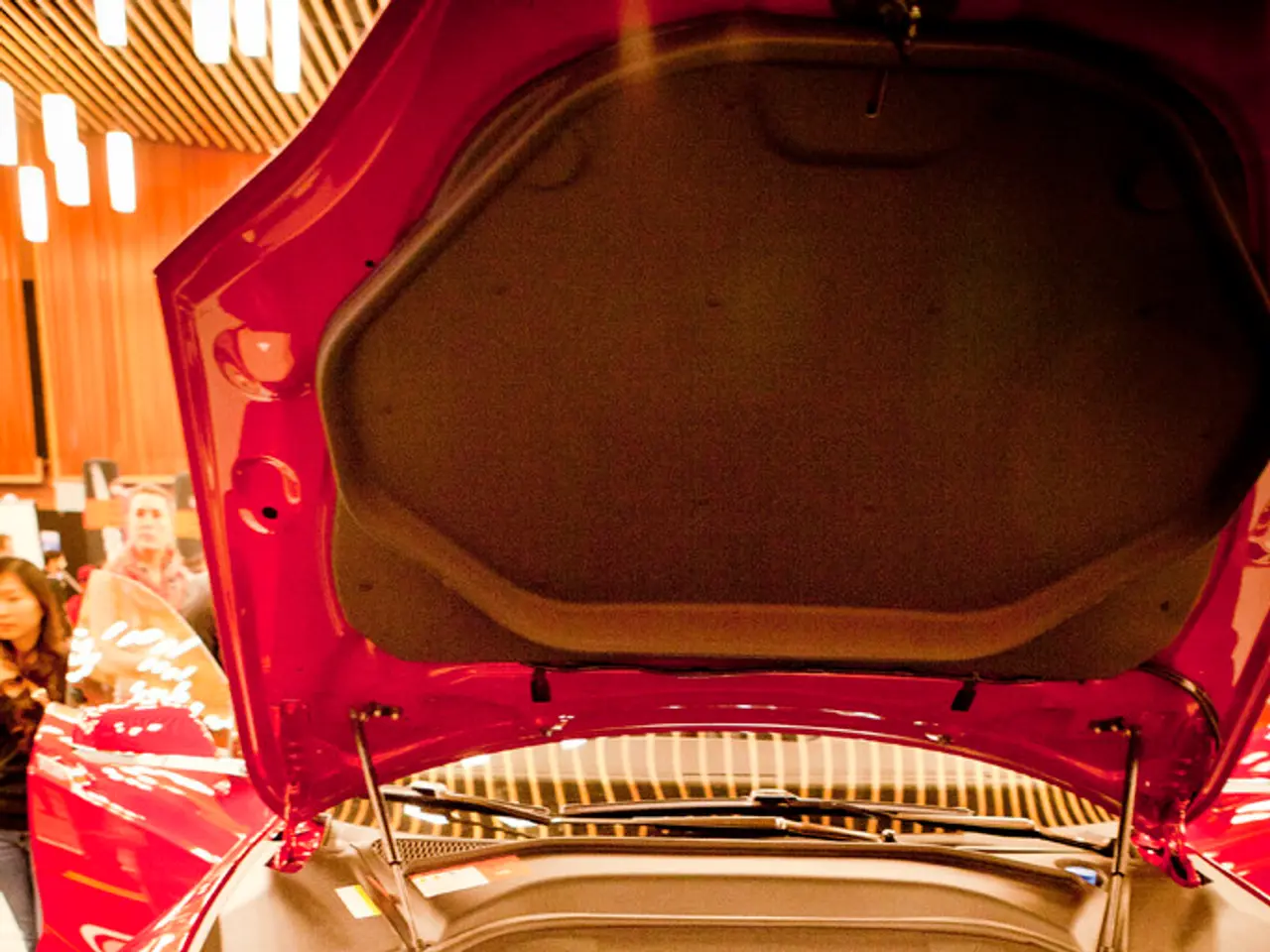Energy consumption at Oktoberfest is indeed higher, as confirmed, with concerns about the power grid failing due to electric vehicle charging deemed unfounded.
Octoberfest, the renowned beer festival held annually in Munich, Germany, has been a significant consumer of electricity in recent years. In 2022, the event used approximately 2,800,000 kWh of electricity, a figure that is 14 times higher than the electricity consumed by public charging of electric vehicles (EVs) in the same period.
With over 7.2 million people attending the event last year, Octoberfest is indeed a major draw. However, contrary to fears that such a major event with high electricity consumption might cause the power grid to collapse, it has been established that a 14-fold increase in electricity usage will not have such an impact.
The issuer of the payment solution for the public charging infrastructure for electric cars in Munich, SWM (Stadtwerke München), revealed that EVs in the city used approximately 193,000 kWh of electricity for public charging during the same period as Octoberfest 2022.
Joerg Reimann, the CEO of Digital Charging Solutions (DCS), a company that provides charging solutions for electric vehicles, has stated that EVs use significantly less energy for public charging than major events like Octoberfest. DCS also claims that 99% of all public charging points in Munich are accessible via its own charging offer.
The proportion of new electric car registrations in Germany is approximately 14%, indicating a growing trend towards electric mobility. EVs are not just reducing carbon emissions on the roads, but they are also helping to balance out the fluctuations in green power generation.
Moreover, EVs will contribute to stabilizing the power grid in the future through vehicle-to-grid technology. This technology involves feeding the energy stored in EV batteries into the power grid, which can help to smooth out peaks and troughs in demand.
Despite the low energy consumption of EVs compared to major events like Octoberfest, there have been concerns about the installation of charging points in parking areas. A fine of €10,000 has been imposed for not installing charging points in parking areas, and there are 105 days left to comply to avoid this penalty.
DCS has also emphasized that the fear of the power grid collapsing due to the charging of electric cars is unrealistic. The energy consumption of Octoberfest 2022 could have covered public charging in Munich 14 times over, yet the power grid remained stable.
In conclusion, while Octoberfest remains a significant consumer of electricity, the growing trend towards electric mobility is set to have a positive impact on the power grid and the environment. With the right infrastructure in place, electric vehicles can help to balance out fluctuations in green power generation and contribute to a more sustainable future.
Read also:
- Understanding Hemorrhagic Gastroenteritis: Key Facts
- Trump's Policies: Tariffs, AI, Surveillance, and Possible Martial Law
- Expanded Community Health Involvement by CK Birla Hospitals, Jaipur, Maintained Through Consistent Outreach Programs Across Rajasthan
- Abdominal Fat Accumulation: Causes and Strategies for Reduction








